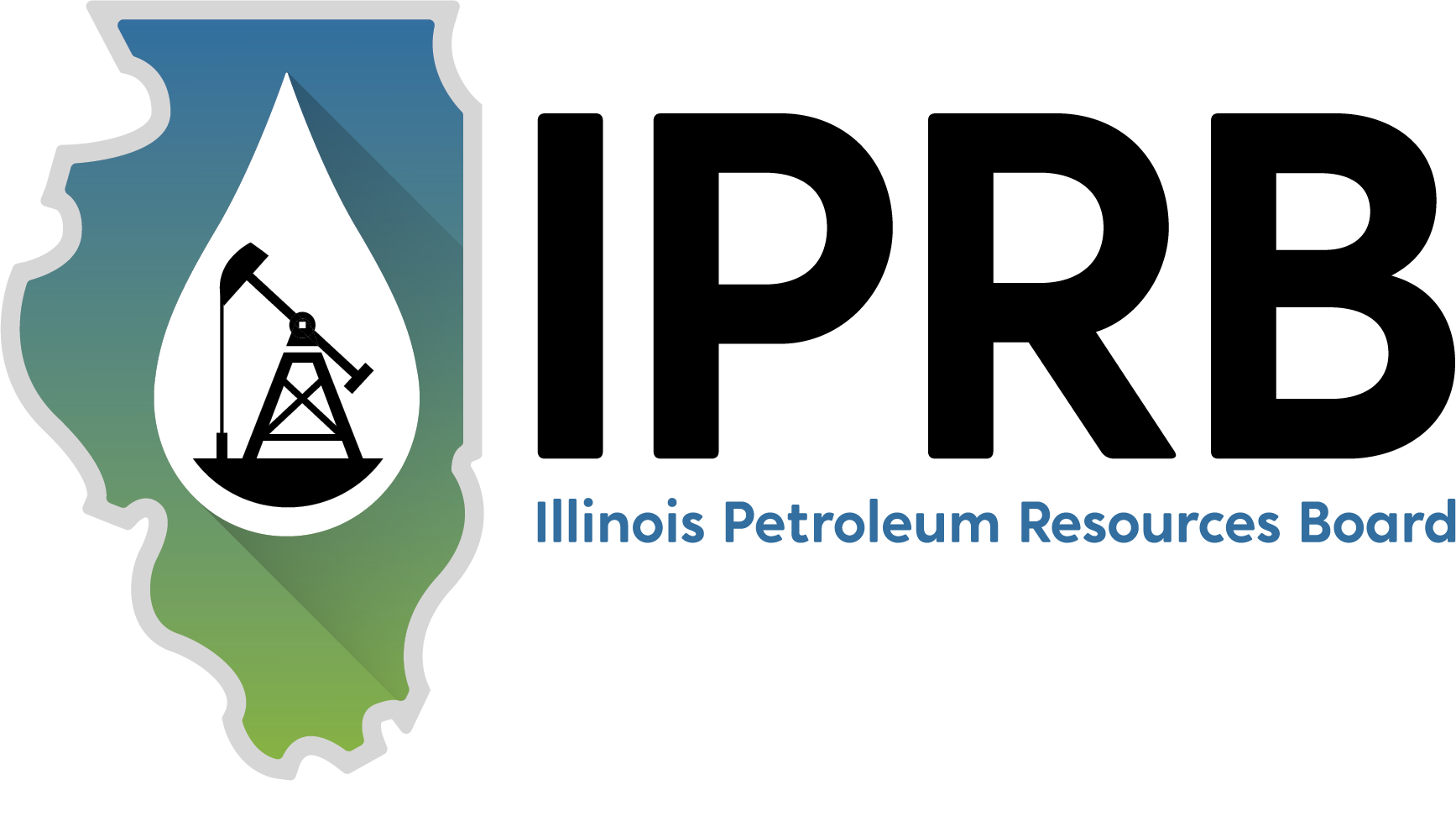Guest Column: Oil and Gas Indeed ‘Essential’ to Combating Coronavirus
Editor’s Note: The following guest column was recently published in the Robinson Daily News, Lawrence County Daily Record and Villagers Voice.
Some Illinoisans may be surprised to learn that Gov. J.B. Pritzker’s shelter-in-place executive order aimed at slowing the spread of the coronavirus designates the oil and natural gas industry under the “essential” business and services category. “Keep It In the Ground” groups no doubt object. But the governor’s recognition of the vital importance of the oil and gas industry is actually spot-on, underscoring how big of a threat that movement’s stated goal of destroying this essential industry is to public health and our nation’s economic security.
As daunting as the coronavirus pandemic has been, the prospect of tackling this crisis without the products and services the petroleum industry provides would be almost unconscionable. Most notably, health care professionals use a myriad of petroleum-based products every day to treat patients afflicted with COVID-19 and literally save lives.
IV bags, ventilator machines, hospital gowns, gloves and the 3.5 billion face masks used by medical professionals a year are comprised of or include components of single-use plastics. Doctor’s scrubs, sterilization trays and monitors are also made of plastic or include petroleum products. Even hand sanitizers, soaps and some medicines are derived from petroleum, while critical procedures such as X-rays and MRIs would not be possible without oil and gas.
Single-use plastic bags are also key to fighting the spread of COVID-19. This explains why New York, Maine and the City of Boston are all pumping the brakes on single-use plastic bag bans, while Gov. Pritzker has advised Illinois grocery stores to prohibit shoppers from using reusable bags until the crisis subsides.
To be clear, plastic waste is unnecessary and harmful to the environment. However, plastic and petroleum products are clearly vital components of our healthcare system and overall efforts to fight this pandemic, illustrating why we can’t simply keep oil and gas in the ground.
It would also be difficult to imagine where we would be if our diesel-powered over-the-road truckers were unable to deliver the products Americans need to weather this storm. Medicines, food and critical supplies would simply not be available if transportation fuels were not abundant and affordable. There’s an old saying that if it’s on your table, thank a trucker. But if the food on your table came from a grocery store, you should also thank an oil and gas worker, too.
Petroleum-based technology such as computers and cell phones also allow an unprecedented number of people to work from their homes and adhere to the social distancing safety precautions issued by the governor. Along with home heating and reliable electricity, these are all products and services made possible by fossil fuels such as oil and natural gas that many Americans take for granted.
So imagine a world in which the “Keep It In the Ground” movement’s stated goals were achieved and we were forced to make due without all these essential products and services. Affordable, reliable energy and thousands of products made from petroleum are absolute necessities. Gov. Pritzker has dubbed the oil and natural gas industry essential for good reason.
That said, Illinoisans can continue to rely on the 14,000-plus Illinois oil and natural gas industry workers to deliver the energy and products they need even as many of them face potential layoffs in the wake of the oil price crash and the economic uncertainty all Americans will feel as a result of this crisis. Times are tough. But much like the oil and gas industry itself, perseverance is essential.
Seth Whitehead
Executive Director
Illinois Petroleum Resources Board
The Illinois Petroleum Resources Board (IPRB) is a non-profit organization that provides public awareness and education programs regarding the Illinois oil and natural gas production industry. IPRB also works to clean up and restore abandoned oilfield sites throughout the state. IPRB programs are funded entirely by voluntary contributions of oil and natural gas producers and royalty owners in Illinois.
